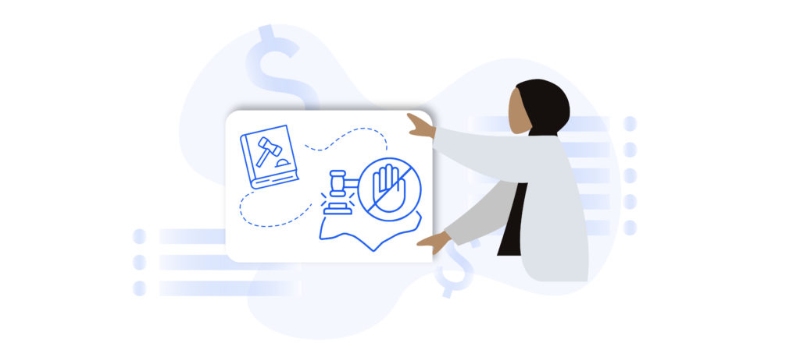
If you’re planning on growing your small business, know that being proactive now will yield results in the long run. Scaling a small business is not easy. It requires extensive effort. You will have to work on your customer base, sales, and marketing and plan for your overall growth. If you’re puzzling over how to plan big for your small business, then here are some initiatives you can take to grow and keep moving forward.
Strategise & Set Goals
The first and most important step when you plan big for your small business is strategising and setting goals. Planning and setting goals is a great way to clarify your focus, measure progress, and strategise scalability.
Creating a strategy for growth, organising your business, and setting goals towards long or short-term goals, single-targeted tasks, or even business plans can aid your business in reaching new heights.
Enrich Customer base & Customer Retention
One of the trying tasks, when you are trying to plan big for your small business is getting those new customers. While generating customers can take time, you can build a customer base by identifying your target market, building a potential customer list, making contact, and follow-up and continue following up.
Additionally, retaining customers plays a significant role in the growth of a small business. You can encourage customers to return by providing great products and services, encouraging customer feedback, addressing complaints efficiently, and offering consistent accessibility. Customer retention will result in regular income, and happy customers would provide compelling word-of-mouth marketing.
Manage Finances
As a business owner, when you plan big for your small business, a core exercise is managing and keeping track of your business finances. Keeping track will let you know where your business stands financially and give you an idea of how you could strategise to manage your finances better. Always spare a little cushioning in your budget for contingencies. Manage costs, but don’t cut costs in ways that affect your customer or employee satisfaction since they’re the core drivers of a business’ growth.
Invest in Staff & Culture
While planning big for your small business, investing in the right staff and office culture is of utmost importance. Hiring the right team dedicated to the business’s success is a surefire way to boost continual growth.
Having the best team in place allows you to delegate tasks, free up your time and energy, and dedicate your resources to other avenues requiring your attention. While allowing your team and you to perform your best and cultivate an efficient and collaborative work culture.
Make the Most of Technology
We’re now living in the digital era, and it only makes sense that you make use of the most powerful tool in your arsenal while you plan big for your small business. It can assist you in organising and running your business efficiently, finding more customers, and saving money while doing so. Moreover, keeping up with changing technology can help small business owners adapt and make better business decisions while saving precious resources and increasing workplace productivity.
Outsource
A major tool that can go unnoticed by a small business owner while planning big for their small business is outsourcing. Business owners are so used to doing everything themselves that they often overlook enlisting outside help. It can be challenging to identify which tasks require outside help, but you can devote more time to the important tasks, contributing to your business’s overall growth once that is achieved.

Market and Advertise
While you plan big for your small business, you need to employ the correct marketing and advertising strategies to increase your customer base and grow your business. Employing technology and online marketing strategies, including social media marketing on all major platforms paired with offline marketing strategies, can produce the best results. This will allow you to create a more engaging experience for your customers and enable them to share your business with their contacts resulting in them feeling more connected with your business.
Expand Market Reach
An important step to keep in mind while you plan big for your small business is to expand your market reach. You can open stores in new locations, target new demographics, and encourage new uses for your products to expand your market reach. Making your product or service available for a new pool of customers will allow you to increase sales and make your business model more stable.
Picking a Great Payments Processor
When you plan big for your small business, you understand the importance of a great payments processor as a small business owner. It is the intermediary between your business and the banking institution involved in the transaction.
Swiping a card is more convenient for customers than paying in cash, especially when they’re paying online, especially when paying cash is not even an option. And in order to accept card payments, you would require a great payment processor like Salt for seamless financial services, which would result in boosting your business’ growth.
Analyse Competition
Competition breeds growth. When you plan big for your small business, you need to research and learn from your competitors. It is one of the fastest ways to scale your business. Analyse what your competition is doing right, and don’t be afraid to enhance and implement similar strategies to increase your business’ development.
Like anything else in life, planning big for your business as a small business owner may seem daunting. However, if you strategise, stick to your plan, and work towards achieving all your goals, you will see a long-term outcome of your effort and witness the gradual growth of your business.


